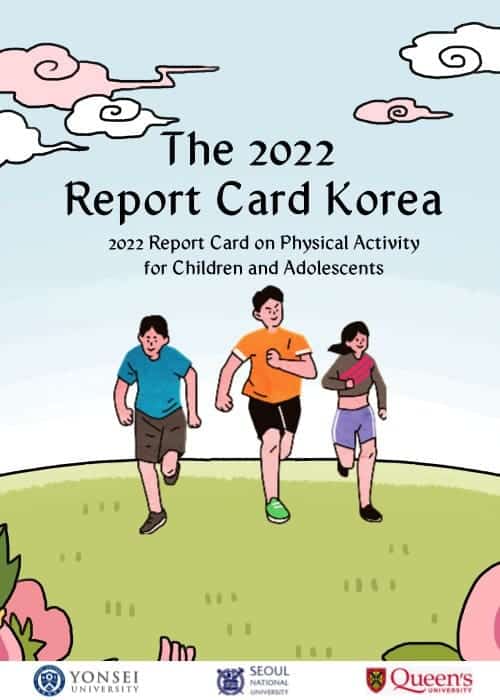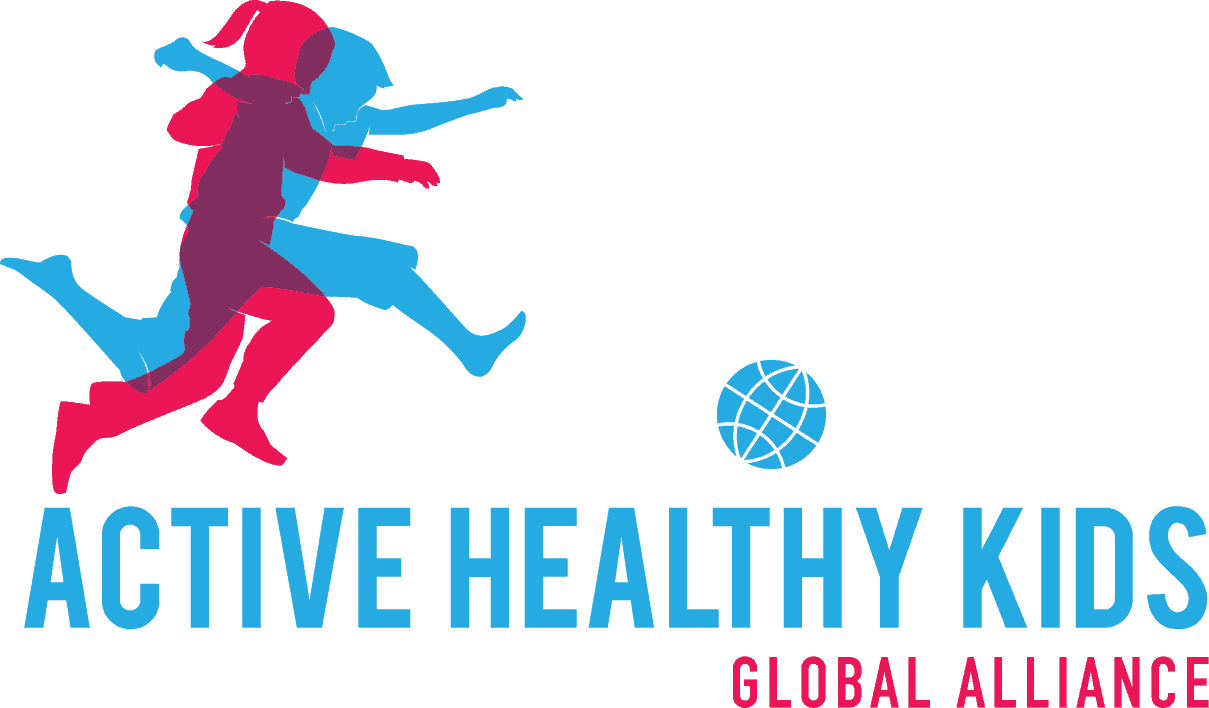
17 Nov Team South Korea Publishes Paper on Their 2022 Report Card
Report Card team from South Korea has recently published a paper titled “Physical activity in the era of climate change and COVID-19 pandemic: Results from the South Korea’s 2022 Report Card on physical activity for children and adolescents” in the Journal of Exercise Science & Fitness. Citation details and a summary of the paper are below.
Congratulations, Team South Korea!
ABSTRACT
Background
With intensifying air pollutant levels and the COVID-19 pandemic, physical inactivity of South Korean children and adolescents may be threatened. Therefore, monitoring and surveillance of physical activity (PA) and relevant indicators are important for policy making pertaining to health promotion. Report Card is a third comprehensive evaluation of PA-related behaviors among and the sources of influence for South Korean children and adolescents.Purpose
To provide the outcome of the South Korea’s 2022 Report Card on PA for children and adolescents.Methods
Based on a variety of sources including national surveys collected pre- and during-COVID-19 and information collected from government webpages, 11 indicators were graded by a committee of experts informed by the best available evidence. Data from during-COVID-19 were available for Overall PA, Sedentary Behavior, and Sleep and considered together in generating the overall grades.Results
Grades were assigned to behavioral indicators (Overall PA: D-; Active Transportation: B+; Sedentary Behavior: D; Sleep: F) and sources of Influence (Family and Peers: C-; School: A; Community and Environment: B-; Government: A). Organized Sport and PA, Active Play, and Physical Fitness could not be graded due to the lack of data. The results largely indicated that children and adolescents show unfavorable behavioral grades even with favorable grades observed for the sources of influence indicators. Trivial differences were observed pre- and during-pandemic for Overall PA (≥60 min of MVPA for ≥4 d/wk: 20.8% vs 19.9%) and Sleep (met age-specific recommendation: 14.1% vs 15.0%); however, a marked increase in Sedentary Behavior was observed (≤2 h/d screen time: 28.8% vs 20.1%). A stark weekday vs weekend difference was observed in sleep duration. In terms of PA related sources of influence, high accessibility to PA facilities (81.1%) and high satisfaction of neighborhood public transit (74.6%) and safety (80.7%) were well reflected in our Active Transportation grade (B+). Nonetheless, perception of green environments including outdoor air quality (44.0%), noise (39.6%) and green space (56.5%) showed lower scores, suggesting that new barriers to active lifestyles are emerging for South Korean children and adolescents. Gender differences were also observed for overall PA (≥60 min of MVPA for ≥4 d/wk: 29.1% for boys vs 11.3% for girls) and sleep (met age-specific recommendations: 17.3% for boys vs 11.4% for girls), but not for sedentary behavior (≤2 h/d screen time: 26.4% for boys and 24.9% for girls).Conclusions
Government and school policies/programs and the built environment are, in general, conducive to physically active lifestyles for South Korean children and adolescents; however, behavioural indicators received poor grades except for Active Transportation. A thorough evaluation of policies/programs at government, local, and school levels is needed to ensure that the efforts to have PA-enhancing infrastructure and systems are actually being translated into the behavior of children and adolescents in South Korea. Furthermore, improving PA surveillance, monitoring, and advocacy to ultimately establish healthy lifestyle patterns among children and adolescents is a top priority.
CITATION
Lee E-Y, Kim Y-B, Goo S, et al. Physical activity in the era of climate change and COVID-19 pandemic: Results from the South Korea’s 2022 Report Card on physical activity for children and adolescents. J Exerc Sci Fit. 2023;21(1):26-33. doi:10.1016/J.JESF.2022.10.014
Click here to read the full paper.


